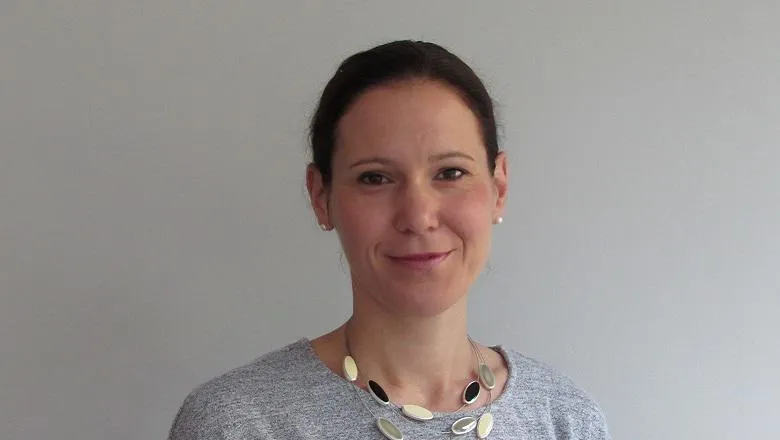Living with type 1 diabetes requires a demanding daily routine of regular blood-glucose testing, watching what you eat and self-injecting insulin. Perhaps this is why people with type 1 diabetes are twice as likely to suffer from an eating disorder as people without? Studies show that between 8% and 36% of people with type 1 diabetes suffer from some form of eating disorder, which could be as many as 144,000 adults in the UK.
Dr Marietta Stadler
14 January 2019
King's researchers awarded £1.25 million to design healthcare for potentially fatal eating disorder
Will Richard, Communications & Engagement Officer
Dr Marietta Stadler awarded £1.25 million to investigate an eating disorder where people with type 1 diabetes deliberately take too little insulin.

A multidisciplinary team, led by Dr Marietta Stadler from the School of Life Course Sciences, has been awarded £1.25 million by the National Institute for Health Research (NIHR) to investigate an eating disorder* where people with type 1 diabetes deliberately take too little insulin to try and control their weight.
Dr Stadler, awarded one of only five NIHR Clinician Scientist Fellowships nationally in 2018, said:
A dangerous feature for patients in this group is missing insulin replacement doses deliberately in an attempt to lose weight. This can trigger medical emergencies (such as diabetes ketoacidosis) and accelerates diabetes-related damage to vital organs. It is also associated with substantially increased mortality compared to people with type 1 diabetes without an eating disorder. Despite this there are, as yet, no evidence-based interventions to help manage the condition.
Dr Stadler and her colleagues aim to change this. STEADY (Safe management of people with Type 1 diabetes and Eating Disorder StudY) is a collaboration across King’s Health Partners including: the Department of Diabetes; the Diabetes, Psychiatry & Psychology Unit (King’s Institute of Psychiatry, Psychology & Neuroscience); the Diabetes Department at King’s College Hospital and the Eating Disorders Unit at the South London and Maudsley.
Over the next five years the team (including Professor Khalida Ismail, Professor Glenn Robert, Professor Janet Treasure and Dr David Hopkins) will bring together patients with type 1 diabetes and an eating disorder, doctors, nurses, psychologists and dietitians to design a programme based on patients’ lived experiences. Researchers expect this to include a mix of both diabetic and psychiatric care, with elements of education and psychotherapy.
Dr Stadler said of the collaboration:
You can't have a bunch of doctors deciding on an intervention, you have to have the people who've lived with the condition involved. They know what the day-to-day challenges are, what would potentially prevent them seeking help and what healthcare professionals can do to best support them.
Dr Marietta Stadler
The NIHR said of the award:
[Our decision] is based on research having a clear benefit to patients and the public within five years of the end of the funding period. Everything we fund should have a worthwhile and real effect in the NHS and Marietta’s research was a great example of this.
NIHR
Work on the STEADY project has already begun.
*An eating disorder is defined as an abnormal attitude to food and an excessive focus on body weight and shape leading to a change in eating behaviours, with damaging health consequences.
